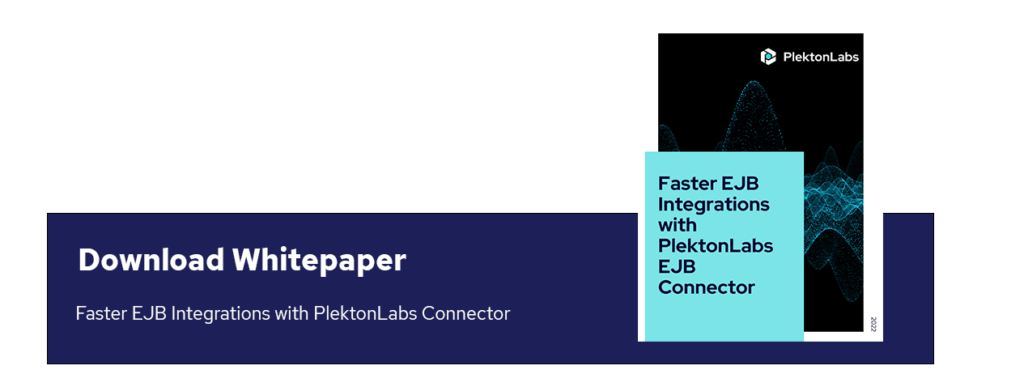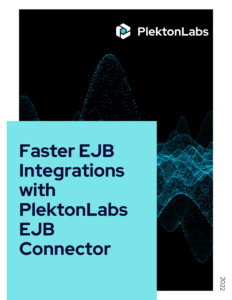In the past, business strategies, like their operations, were mostly manual. There was a more laid-back approach; a plan but with the understanding that the business could figure things out along the way. This approach never considered coming up with future-proof strategies.
But things like globalization, shifting demographics, and the emergence of data-driven strategies have changed things. But more importantly, laissez-faire approaches to running a business means that the smallest of changes can throw an entire operation off balance.
Because of this, many companies today have switched to a more adaptable and agile approach— one that uses repetitive tools, processes, and governance to respond and adjust to both internal and external changes. And it is this approach that allows businesses to survive disruptions both within the organization and in the industry surrounding it.
Tackling Disruption with Future-Proof Strategies
There is no company on the planet that has seen years of stability. Disruptions come in all shapes and forms. Maybe the product or service your business manufactures is being replaced by something new. Perhaps the pandemic has hit your enterprise particularly hard, or the job market has changed, or shifting industry trends have put your business in a tough spot.
The simplest way forward is leveraging the power of data. But that isn’t always enough.
A data-driven business that is future-proof must have an outward focus as well. An ideal strategy relies on data-based, real-time insights to keep your business tuned to the evolving needs and expectations of customers and employees. Adapting to harsher conditions is only half the battle. A successful business must keep looking ahead and gauge the atmosphere in your industry to easily identify new risks and opportunities.
The next step in strategic planning maturity is to examine the culture and zeitgeist of the world and where things are headed. As time passes, boundaries and constraints will switch across the overall business ecosystem. Accessible knowledge, social responsibility, intuitive intelligence, partnership evolutions, and even more automation will change the way businesses operate and are structured. To navigate this brave new world, greater globalized planning and long-range surveys will be needed to gain success over time.
Creating an Agile Strategy Against Disruption
Here are a few ways how a more autonomous strategy planning approach can help your organization move forward effectively.
Many businesses create their strategies as part of internal budget cycles and set priorities through internal consensus meetings. As a result, they end up skipping even the simplest competitive analysis.
Take stock of the time your organization takes to look at internal versus external factors to set strategy. Have your executive team develop a strategy to put you out of business for a change. It is important to figure out just how much damage an instance of disruption can create in your business. What are the safety measures you can put in place to minimize the damage to the business?
On the same note, businesses need to have a system of checks and balances that will help them react to internal and external changes. Examine the scale of adaptability within your resources and investments. You need to make sure some necessary processes or enablers speed up or slow down based on the latest data and insights. It is vital that the business has the ability to address employee or customer expectations with a humanized focus.
This humanized focus is also what makes it so important to rely on your employees’ intuition. It is crucial to hold regular meetings and huddles to hear from them how you can future-proof your business. Ask them how current events in the industry affect their careers, and how the business can play up their strengths. It is equally important to make sure they have the skills and tools to keep up with advancements in the industry.
Lastly, there will always be instances of failure due to issues, missteps, and unforeseen circumstances so it is important to have some kind of backup plan for when things go south. Adaptability or agility is your insurance against disruption. As a result, always make sure you have certain measures in place to keep you well protected.
Why Future-Proof Strategies are Inevitable for Most Businesses
Here’s why future-proof strategies are the best way for businesses to thrive in spite of disruptions:
- Functions on an agile foundation that allows change and integrated business planning.
- Implements control measures to mitigate risk resulting in constant support and guidance across the strategic journey.
- Offers a customized governance toolkit that addresses the needs of the business while working long term.
- Disruption-proof strategies allow businesses to turn any crisis into a window of opportunity, even thriving and finding new avenues of revenue.
Wrapping Up
No matter what kind of business you’re in, the future of the industry is more unpredictable than ever. It’s time to re-evaluate conventional approaches and ensure your strategy is ready to bring on success. Whether it’s something as simple as API-led connectivity, a strategy for the future will shield your business from unwanted consequences of the disrupted marketplace.




